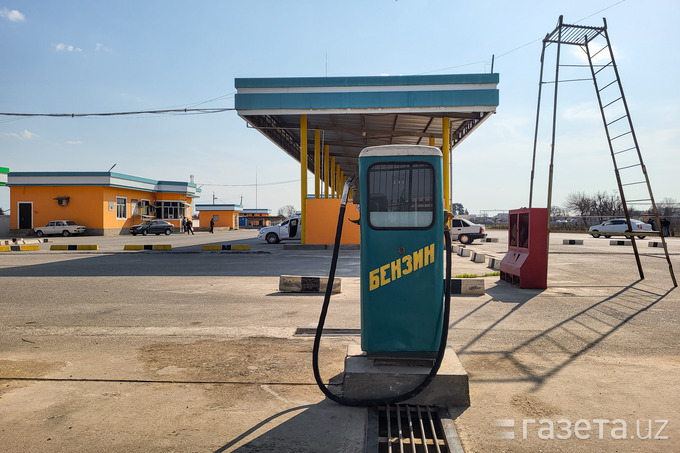Uzbekistan should “mobilize all efforts and resources” to restrict the sale and use of motor fuel below the Euro-4 standard by the end of 2025. This is outlined in the draft presidential decree published for public discussion.
The document also sets plans to ban the use of mazut as fuel in thermal power plants and electric power enterprises, except in emergencies approved by the Cabinet of Ministers.
Starting 1 May 2025, new projects in Tashkent, Nukus and regional centers will have to comply with a number of restrictions, including:
- production of asbestos, cement, sludge and slag;
- tanneries and poultry factories;
- coal burning at facilities without advanced gas and dust cleaning systems;
- plants for ferrous and non-ferrous metallurgy, glass production with toxic components and operations involving hazardous chemicals;
- facilities for processing and burning hazardous waste of classes I and II.
Ministries and agencies must submit proposals for phasing out such enterprises from major cities by 1 October 2025, according to the document.
In early 2024, the Energy Ministry announced plans to phase out AI-80 (Euro-2 standard) gasoline by 2026 by ramping up production of AI-92 and higher grades. Simultaneously, excise tax rates on high-octane fuels were proposed to be reduced.
President Shavkat Mirziyoyev later instructed the prime minister to end AI-80 fuel usage by 2025. However, a president’s resolution in September instructed a phased restriction on sub-Euro-4 fuels starting in 2028. To reach this goal, modernization of the Bukhara and Fergana oil refineries producing AI-80 was planned, alongside banning imports of Euro-2 and Euro-3 fuels.
“Upgrading the Bukhara refinery to produce Euro-4 and higher gasoline would take time. A feasibility study is expected by the end of [2024], with project completion estimated within 30−32 months,” Uzbekneftegaz company stated at that time.





